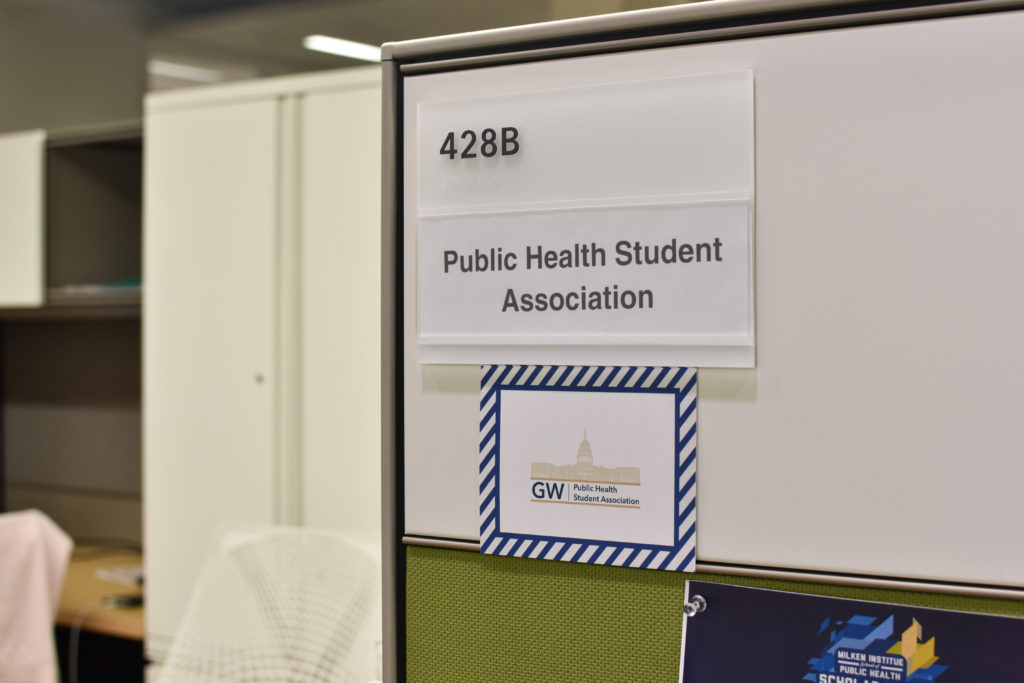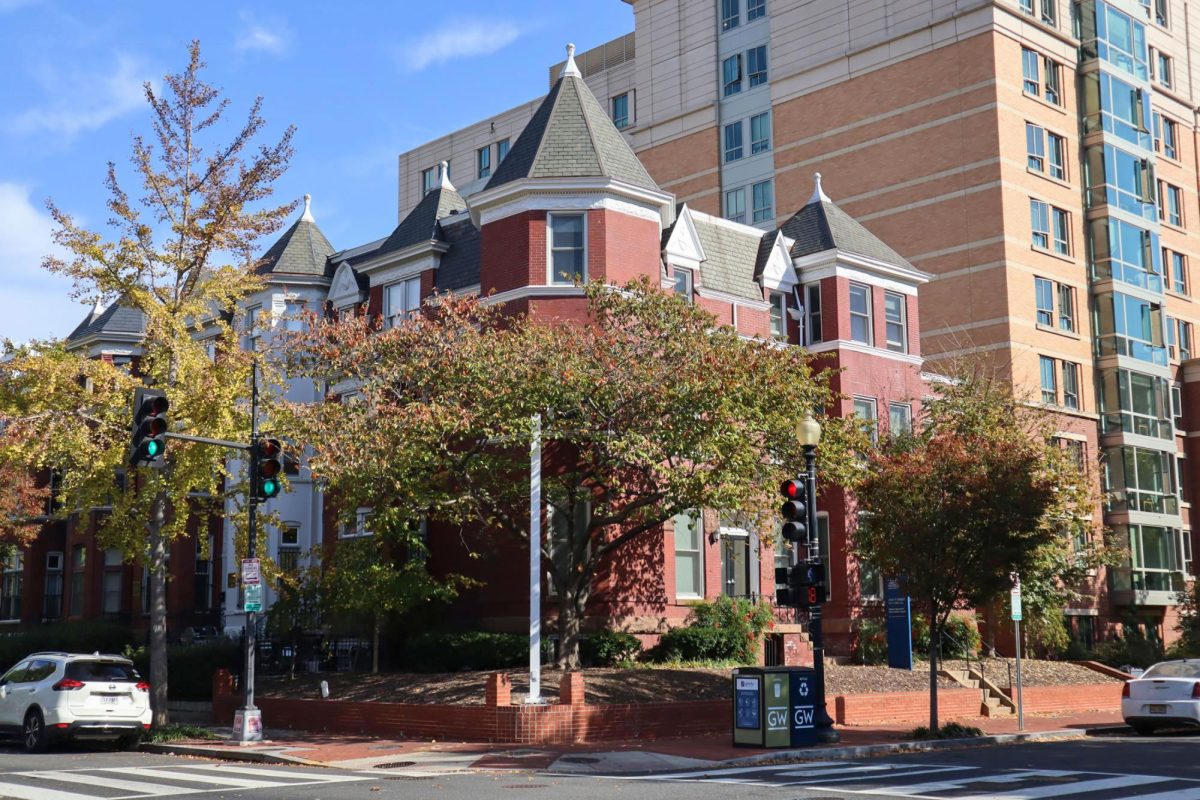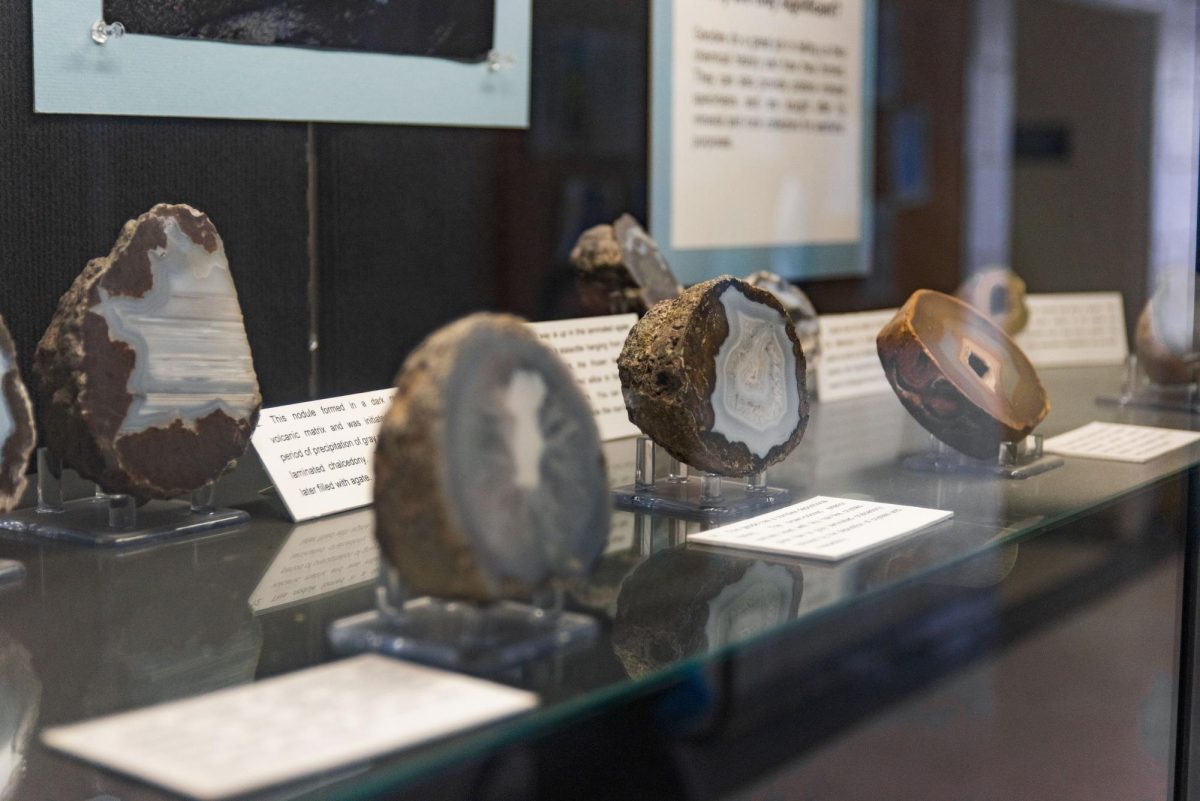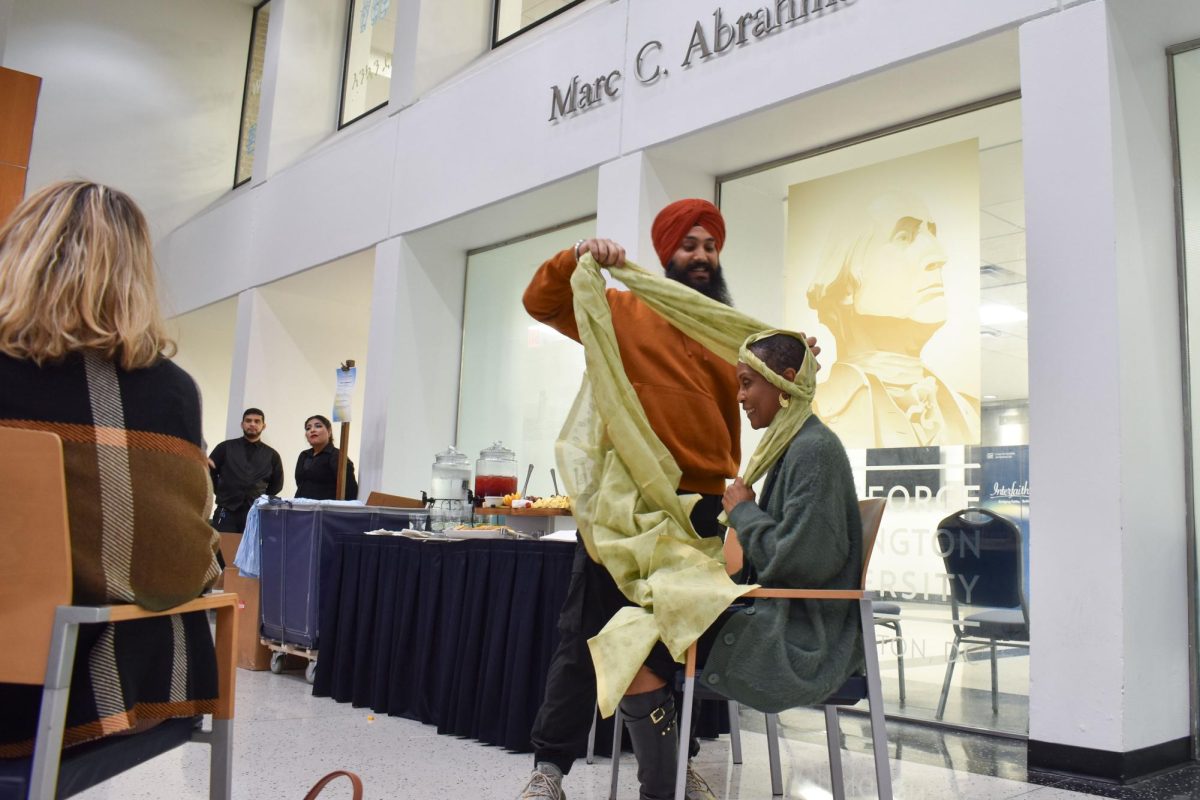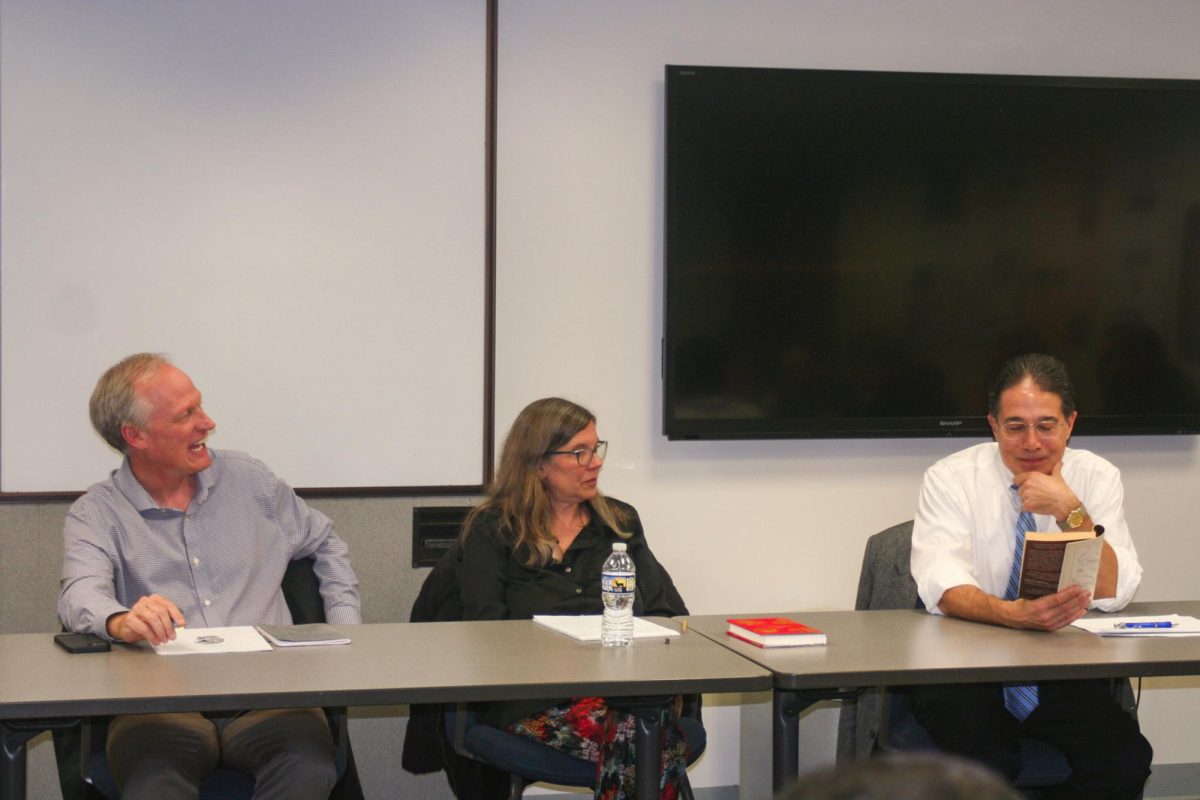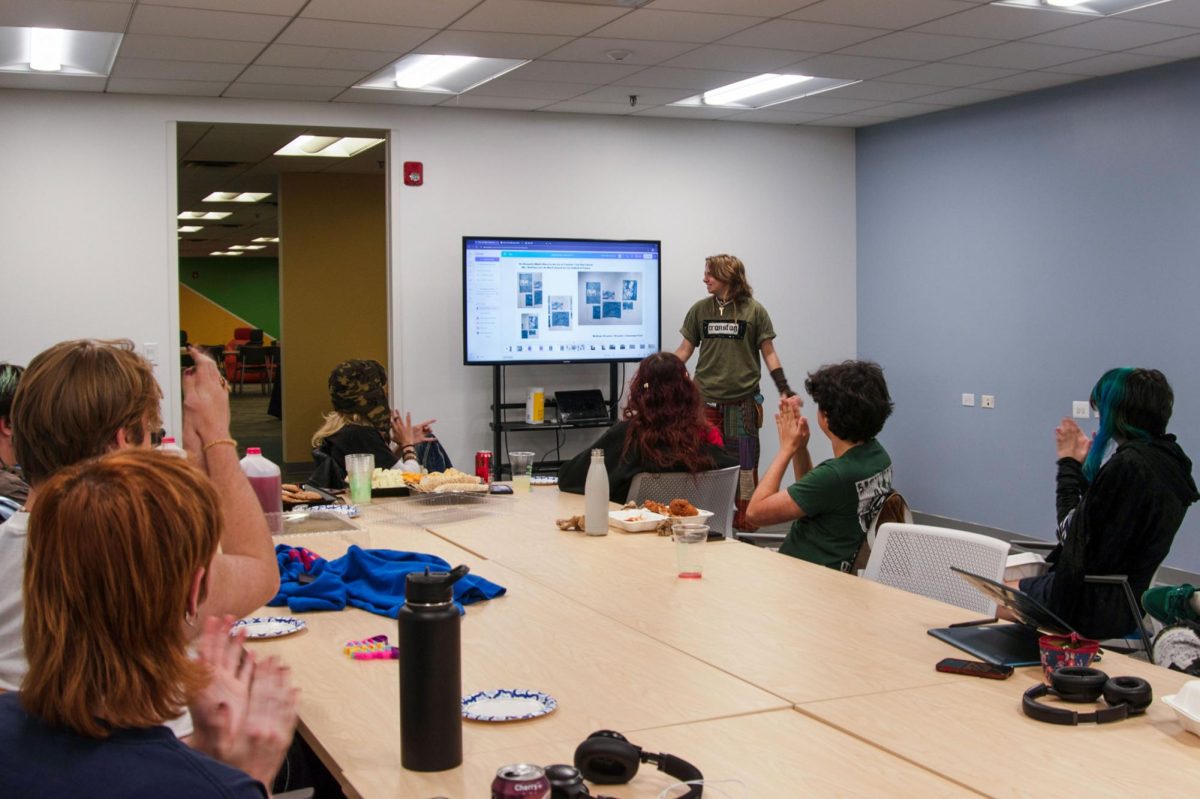A Public Health Student Association fundraising campaign has raised thousands of dollars over five years to cover the costs of professional development opportunities for public health students.
The PHSA, a graduate student organization representing all students in the Milken Institute School of Public Health, holds the fundraiser annually to encourage students with means to provide financial support to their peers to cover the costs of opportunities like fees to professional organizations. Students said the fundraiser strengthens students’ connection to the public health school post-graduation by encouraging philanthropy to the school early on.
Will Montgomery, the president of the PHSA, said students raised $5,000 – up from about $2,300 last year – from more than 75 undergraduate and graduate contributors this year, most of them first-time donors. Members of the Public Health Alumni Association make money in the fund – called the Capital Connections Fund – available to students in Milken to help them connect classroom instruction to practice in the real world, according to Milken’s website.
Students use the funds they receive to cover costs not covered by tuition, like software necessary for practicums, professional association fees and travel to research conferences and jobs, Milken’s website states. Credentials like membership in the American Public Health Association, which comes with a more than $100 fee, can be valuable when entering the workforce, Montgomery said.
“Most people who use the CCF are basically applying what they’re learning in class to real public health settings,” Montgomery said. “The value is that it really helps open those doors for students to apply what they’re learning in class off campus in a real public health setting.”
He said donors to the fund are asked to give money in $10 intervals annually over a period of five years, but some give $50 outright.
“We just asked for $10 a year for five years because that’s a little bit more manageable to a student that’s struggling to be a student,” he said. “We promoted it ‘for the cost of a salad.’ You’d pay more for a salad at Sweetgreen then for this.”
He said students can apply to receive money through the fund through a short application process that requires a recommendation from a professor and an itemization detailing how the funds will be spent. He said funding from the CCF is awarded to selected students each spring, summer and fall semester.
Montgomery said PHSA members hold the fundraiser in a three-week window during the spring semester, but anyone can contribute to the fund year-round online. He said members of the PHSA table annually for donations, but full-time development staff in Milken do most of the “grunt work” of organizing the fundraiser and sifting through the applications for funding.
Montgomery said fundraiser organizers pivoted this year to focus on student donations, rather than faculty donations, by encouraging students to support their peers directly.
“It’s definitely more powerful to have students helping students than sometimes people who work for the school helping students,” Montgomery said.
Mary St. Julien, a first-year graduate student in Milken’s health administration program and PHSA’s chief of correspondents, said that of the roughly 75 donors to this year’s fundraiser, about two-thirds were graduate students. Those who donated received an “I Heart GW Public Health” t-shirt to incentivize them to give, she said.
“It’s literally student-to-student and that’s the part we emphasize,” St. Julien said. “You’re sowing into the professional development of a student.”
Leissan Sadykova, Milken’s assistant director of financial aid, created a newsletter last month to highlight how some students used funding they received from the CCF last year.
Kidus Feleke, a third-year graduate student and a fall 2019 recipient of funding from the Capital Connection Fund, used his funding to complete his practicum as an intern at the United States Agency for International Development, according to the newsletter. His efforts helped to expand universal health coverage for Ethiopians, the newsletter states.
St. Julien said there is no cap on how much a student can ask for from the fund, but the fund cannot meet all of the requests for funding it receives. Public health students requested a total of $11,000 for development opportunities and other funding last year, but the fund only contained enough money to disburse $6,000 to students, she said.
“We wanted to promote that it’s not just about money – it’s about sowing into someone’s professional development and you don’t know what that $10 could mean to somebody,” St. Julien said.


